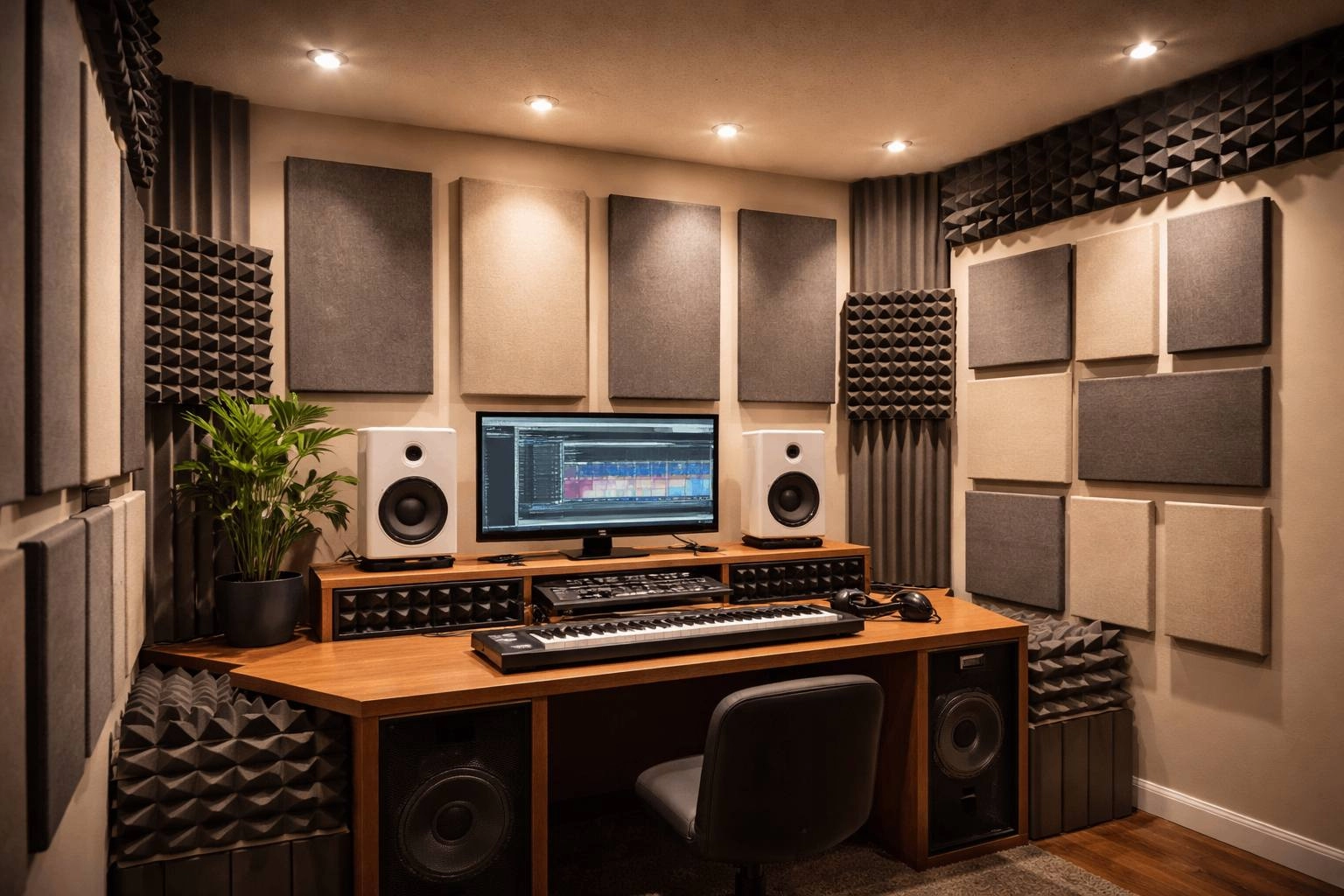Unveiling the Secrets: How to Determine the Best Wood for Your Needs
Choosing the right type of wood for your project is crucial to ensure its success and longevity. With numerous options available, it can be overwhelming to determine which wood is best suited for your specific requirements. In this comprehensive guide, we will delve into the factors that influence the choice of wood, enabling you to make informed decisions and achieve exceptional results.
- Understanding Wood Properties:
To identify the best wood, it is essential to comprehend the properties that differentiate various types. These properties include density, hardness, durability, grain pattern, and moisture content. Each property contributes to the wood's suitability for different applications, such as furniture, construction, or crafting. - Assessing Wood Species:
Different wood species possess unique characteristics that impact their performance. For instance, hardwoods like oak, mahogany, and walnut are renowned for their strength and durability, making them ideal for furniture and flooring. Softwoods like pine and cedar, on the other hand, are more suitable for outdoor projects due to their natural resistance to decay and insects. - Considering Wood Grades:
Wood is graded based on its appearance, structural integrity, and potential defects. Understanding the grading system helps you select the appropriate wood for your project. Common grades include Select, #1 Common, and #2 Common. Higher grades offer fewer defects and a more uniform appearance, while lower grades may have more knots and imperfections. - Evaluating Environmental Impact:
Sustainability is a crucial aspect to consider when choosing wood. Opting for responsibly sourced and certified wood, such as those certified by the Forest Stewardship Council (FSC), ensures that you are contributing to the preservation of forests and ecosystems. Additionally, some woods, like bamboo, are highly renewable and offer excellent strength and versatility. - Considering Application-Specific Factors:
The best wood choice also depends on the intended application. For example, if you are building a deck, you need to consider factors such as resistance to moisture, rot, and insects. In contrast, for intricate woodworking projects, you may prioritize woods with beautiful grain patterns and workability, such as cherry or maple. - Seeking Expert Advice:
When in doubt, consulting with professionals or experts in the field can provide invaluable insights. Local lumberyards, carpenters, or woodworking communities can offer guidance tailored to your specific needs, ensuring you make the best wood selection.
Conclusion:
Determining the best wood for your project requires a comprehensive understanding of wood properties, species, grades, environmental impact, and application-specific factors. By considering these aspects and seeking expert advice when needed, you can confidently choose the ideal wood that aligns with your requirements, resulting in exceptional outcomes.





